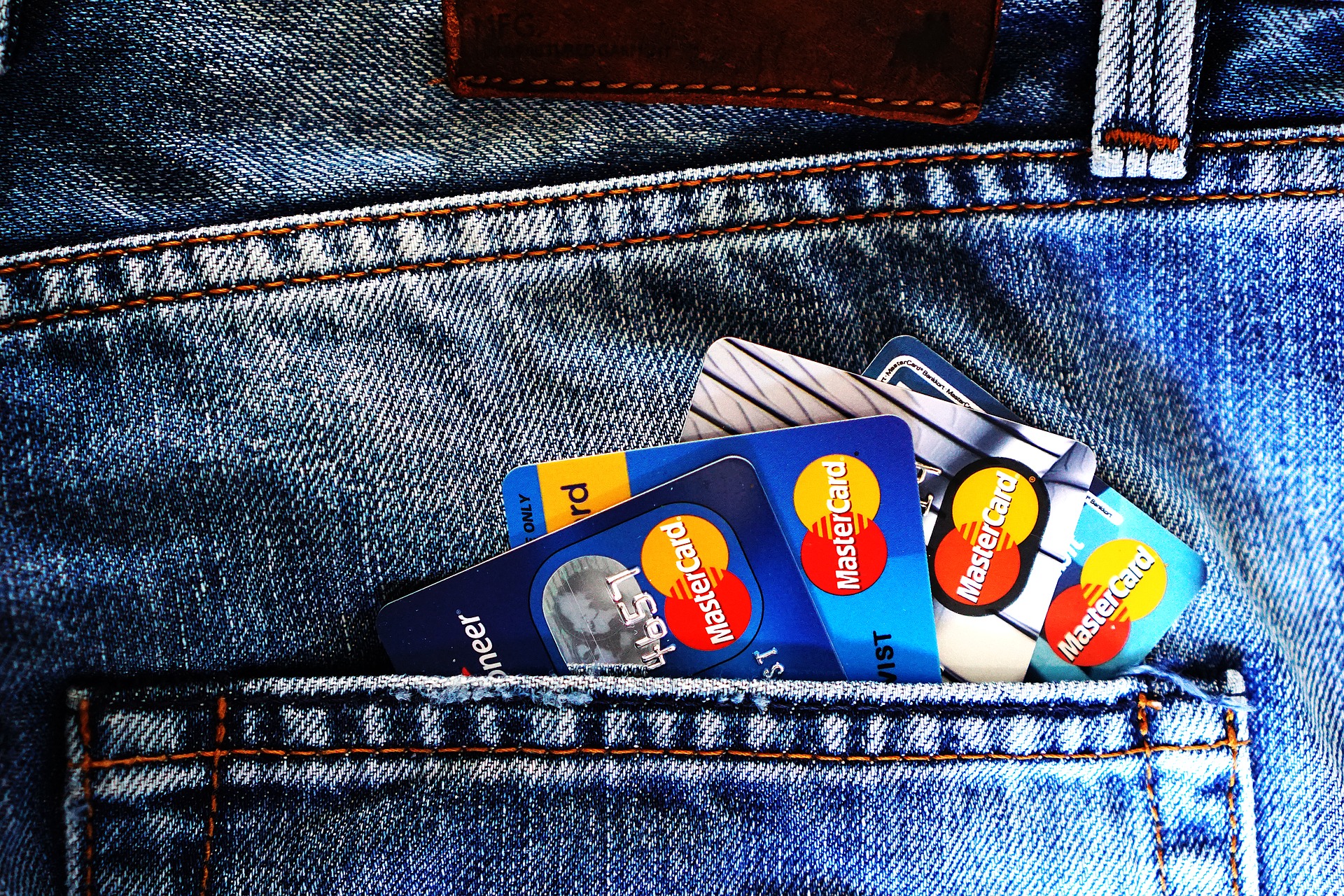How Your Credit Score Is Calculated (Updated)
Like it or not, your credit score is incredibly important in modern society and knowing how your credit score is calculated can help empower you to leverage it in many ways. From getting better rates and lower fees on loans to earning free trips through rewards, your credit can do a lot for you.
Which Credit Score?
Most banks use a proprietary score called your FICO score. This score ranges from 300-850, although about half of the population falls between 600-750. It is important to understand that this score is one of the primary factors a bank looks at when determining your credit worthiness. Understanding how it is calculated will help to ensure you don’t make silly mistakes that cause it to drop.
What Makes Up The Score
Let’s look at exactly how your credit score is calculated and which factors are taken into account.
Payment History 35%
The first and largest factor determining how your credit score is calculated is your payment history. Essentially, this factor is looking at how you pay your bills. On time payments are good, while late payments, collections, judgments and bankruptcy have a negative effect. Recent activity also carries a greater weight.
It is imperative that you pay all of your bills on time or your credit score will suffer tremendously. On the flip side, since this is 35% of your score, simply paying your bills goes a long way to ensuring your score is high!
Amounts Owed 30%
Accounts owed is the next biggest factor in how your credit score is calculated. This part involves looking at your overall expense ratios along with your debt compared to overall credit. For example, if you have $100,000 in credit lines and owe $10,000 on your cards, then your utilization rate is 10%.
Banks also look at the utilization ratio on individual cards so you’ll want to keep your amounts owed on any given card to a small percentage of the credit line. Unfortunately keeping a 0% utilization is also considered bad. Most experts agree a utilization ratio of 1-10% is ideal.
Length of Credit History 15%
While this factor is a little harder to control when you are starting out, it is still something to look at. Banks look at your “average age of accounts”. They tend to favor borrowers who have established credit histories. Having a lot of new accounts can hurt your score a bit, but having more credit can help your utilization ratio. Essentially it is a balancing act, but keeping 1 or 2 of your oldest cards can definitely help.
New Credit 10%
Statistics show that people who apply for a lot of new credit are at a higher risk of not repaying their debts. This factor basically looks are how much new credit you have taken out. Have you applied for a lot of new credit lately? If so, then your score will probably take a hit. Fortunately, new credit lines/inquiries have less of an effect as time goes on. Also, when you apply for a mortgage or a car loan and several banks run your credit at the same time, this is often lumped into just one inquiry.
Types of Credit Accounts 10%
Banks are looking for customers with a diverse credit history. For this purpose they look for a mix of both installment loans (mortgage and auto) and revolving credit (credit cards & store cards). A more robust credit profile will boost your score in this category.

How Getting Credit Cards May Affect Your Credit
As you can tell from the factors above, applying for credit cards will have an effect on how your credit score is calculated. What exactly that effect is depends on your situation. While I can’t speak to your specific situation, I can talk about how opening rewards cards can effect each of the factors mentioned above. Let’s take a look.
Payment History – This is the largest factor. Opening up new accounts and paying them on time should actually help your credit. Remember that banks weigh payment history the most when determining how your credit score is calculated.
Amounts Owed – Opening new accounts should increase your total credit available. While this will vary, I found that opening new accounts actually helped me in this category since it lowered my utilization ratio. As I was getting more available credit and using it responsibly, my score went up.
Length of Credit History – There is no way to sugar coat it. Opening new cards will negatively impact this category. Luckily it is one of the smaller factors and the effect those new accounts has is diminished over time.
New Credit – Applying for cards and getting a lot of inquiries will definitely affect your score. In my experience each inquiry lowers my score by a couple of points, but it seems to recover within a couple of months.
Types of Credit Accounts – This is mostly a wash. You will definitely have more credit cards, but if you also have mortgage or car loans then you should have balance. It is a shame that those without installment loans are punished somewhat, but that it is easy to make up for elsewhere.
Does Opening Credit Cards Have A Net Negative Effect?
If we look at the factors and percentages above, it is clear that some of the higher weight categories actually benefit from opening new cards (in many situations) while some of the lower weight categories suffer. I personally saw a 25 point increase in the first year after I became serious about applying for rewards credit cards.

Suggestions
Now that you have a better understanding of how your credit score is calculated, keep these suggestions in mind:
- Take a look at your credit report and analyze it with each of these factors in mind.
- Go to a free credit service such as Credit Karma and take a look at their tools. Each credit service tends to not only show you how you are doing in these areas, but also will give you suggestions on how to improve.
Now here are a few more things I think you should know:
- This is a personal preference, but I never go over 30% of my credit line on a card. (Typically well below that.)
- The balances reported on your credit report are typically, but not always, sent when the statement closes.
- Paying your card down or off completely before the statement closing date will help to ensure your utilization ratio is low.
- I try to leave a small balance on some of my cards when the statement prints, because a 0% utilization rate tends to drop my score. To be clear, by saying I leave a balance, I only mean when the statement prints. I ALWAYS pay my credit cards off each month and NEVER pay interest.
Closing
Knowing how your credit score is calculated is very powerful knowledge to have. Now, you can better understand why your score may be going up or down and better utilize your credit profile to earn greater rewards.





I just got the strange score from Credit Karma, my TransUnion dropped 7 points due to $15 charges to my AMEX account for transfer reward points to Jetblue !!!
I use How do you calculate average age of accounts credit karma states my average age is 2 – 4 years on open accounts and my math adds up to 706 months divide by 12 open accounts 5yrs 8mths, can I dispute that.
Credit Karma does their own calculation which may be different than what the banks use. There really isn’t anything to dispute as long as the account dates are correct on your credit report. Each agency will make that calculation for themselves.
Hi Shawn, Thanks for the info. Can you tell me where to get the link for the next article please
I have added the links for the airline loyalty programs to the top of this post. Also, I have written an extensive number of beginners articles as well and you can find those at http://milestomemories.com/category/beginners/ Please let me know if you have any questions. Thanks Olive!